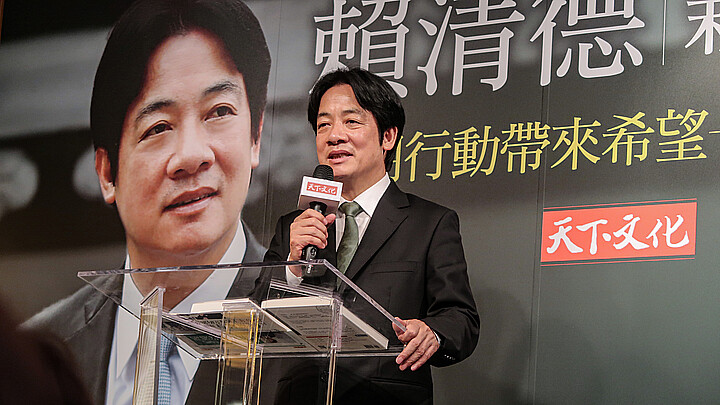Politics
U.S. and Taiwan to sign new trade deal despite tensions with China
Once the agreement is signed, the two parties will continue on to discuss other trade areas, including agriculture, digital trade, environmental standards, and non-market policies and practices

June 1, 2023 8:16am
Updated: June 1, 2023 8:16am
The United States and Taiwan on Thursday announced that the two countries will sign a new trade deal to boost ties despite ongoing tension with China.
The U.S. and Taiwan began trade talks last August as part of the new U.S.-Taiwan Initiative on 21st Century Trade, despite the two having no formal diplomatic relations with each other.
The U.S.-Taiwan Initiative on 21st Century Trade is meant to cover 11 areas, including "trade facilitation, regulatory practices, agriculture, anti-corruption, supporting small and medium-sized enterprises, digital trade, labor rights, the environment, standards, state-owned enterprises, and non-market practices and policies."
Taiwan’s Office of Trade Negotiations said that the first agreement under the trade initiative would be signed in Washington, D.C. on Thursday morning at around 10 a.m. local time.
"The deal that will be signed tonight is not only very historic but also signals a new beginning," cabinet spokesman Alan Lin told reporters in Taipei.
While the details of the agreement have not yet been disclosed, last month, Taipei and Washington reached an agreement on the first part of the initiative, regarding customs and border procedures, regulatory practices, and small business.
Once the agreement is signed, the two parties will continue on to discuss other trade areas, including agriculture, digital trade, environmental standards, and non-market policies and practices, according to the U.S. Trade Representative’s office.
China reacted negatively to the trade initiative between Taiwan and the U.S., saying that it opposed any other country signing trade deals with the island, which it considers to be its own territory.
"China will take resolute measures to uphold its national sovereignty and territorial integrity. We advise the United States to stop making misjudgments," said Foreign Ministry spokesperson Wang Wenbin said last August.








